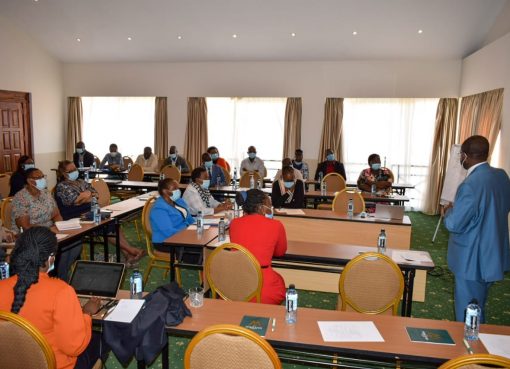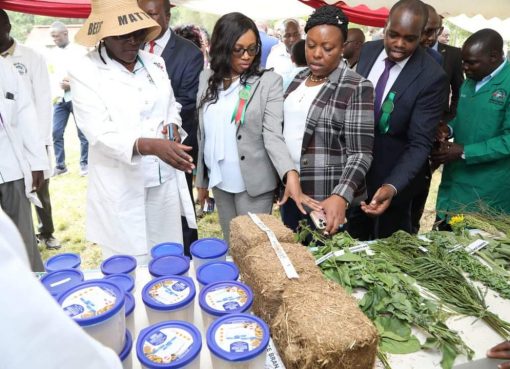Water levels in Lake Naivasha have dropped sharply following the harsh climatic conditions being experienced in most parts of the country.
The drop in the water levels has created anxiety and fear among the lake stakeholders including water companies and fishermen who rely on the lake waters for survival.
Area Water Resources Management Authority (WRMA) has however down played the drop saying it is a normal occurrence during this period when the catchment area is experiencing long dry spells.
WRMA Naivasha sub-county manager Geoffrey Mworia said water levels in River Malewa which was the main tributary to the lake had dropped sharply due to the on-going dry spell.
He however said the authority was monitoring levels at the lake and the surrounding rivers with a view to putting in place mitigation measures.
“Despite the water level drop at the lake and the rivers, the water bodies are healthy compared to other years,” he said.
Mworia further said that they would not rule out water rationing mainly along rivers flowing into the lake if the current situation persists, saying this will ensure all water users benefit equally.
He cited 2018 when the authority was forced to introduce rationing in water use along various rivers in Gilgil which ensure that all stakeholders including farmers and herders benefited at equal measure.
Mworia at the same time assured that the nearby Lake Elementaita water body was healthy despite the ongoing harsh weather which had seen one of the seasonal rivers flowing into the lake dry up.
He attributed the sharp drop in water levels in most rivers around the two lakes to a rise in water abstraction particularly during the month of January which is known to be a dry period.
According to Lake Naivasha Water Users Association (LANAWRUA) Chairman Enock Kiminta, two key rivers flowing in the lake including Rivers Karate and Gilgil had completely dried up while the levels of the only surviving river Malewa had also dropped sharply.
He called on WRMA to urgently address the issue of farmers blocking rivers upstream saying this could lead to a conflict with farmers and herders in the lower areas.
Kiminta said efforts should be made for the conservation of the catchment areas but also cautioned residents living along the rivers banks against engaging in massive water abstraction.
By Esther Mwangi/Mercy Kihugu



